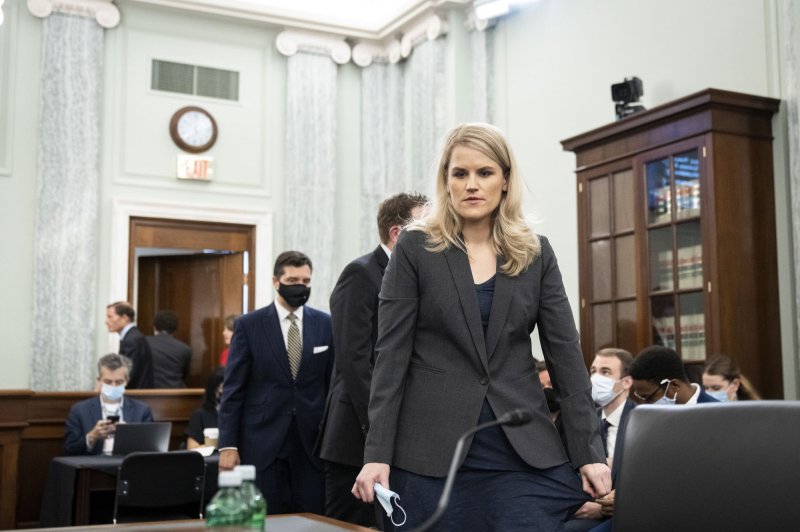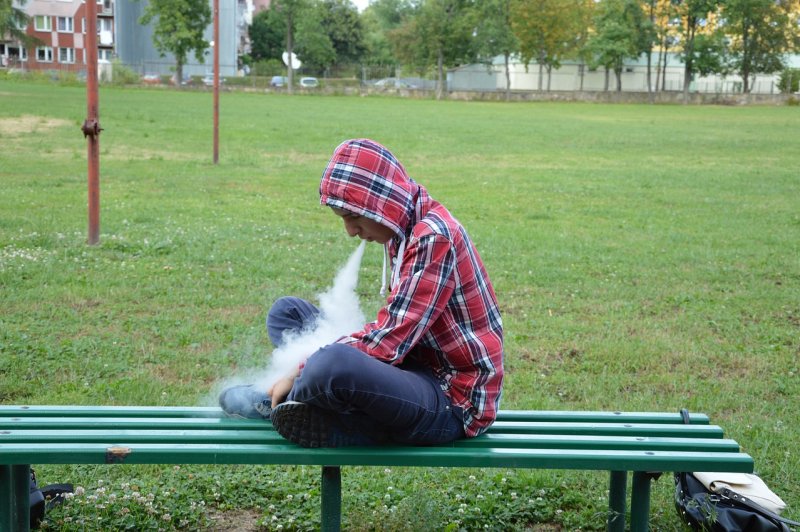Facebook Papers are a ‘call to arms’ over pressing need to regulate: MPs
Amanda Connolly 4 hrs ago
Like8 Comments|
4

Online criteria for Afghan refugee program changes, applies only to those…

The problem with Ron DeSantis' mini-Trump pose (opinion)
The Facebook Papers make clear the pressing need for governments around the world to crack down and put meaningful regulations on the social media giant, say two Canadian MPs who are part of the International Grand Committee on Disinformation.
 © Provided by Global News Senior campaigner Flora Rebello Arduini adjusts an installation outside parliament in Westminster in London, Monday, Oct. 25, 2021. A 4-metre-high installation depicting Mark Zuckerberg surfing on a wave of cash was constructed outside parliament, as Facebook whistleblower Frances Haugen is due to testify to MPs on how the company puts profits ahead of public safety. The action comes after SumOfUs research revealed Instagram is still awash with posts promoting eating disorders, unproven diet supplements and skin-whitening products. (AP Photo/Kirsty Wigglesworth)
© Provided by Global News Senior campaigner Flora Rebello Arduini adjusts an installation outside parliament in Westminster in London, Monday, Oct. 25, 2021. A 4-metre-high installation depicting Mark Zuckerberg surfing on a wave of cash was constructed outside parliament, as Facebook whistleblower Frances Haugen is due to testify to MPs on how the company puts profits ahead of public safety. The action comes after SumOfUs research revealed Instagram is still awash with posts promoting eating disorders, unproven diet supplements and skin-whitening products. (AP Photo/Kirsty Wigglesworth)That committee is preparing to hear from Facebook whistleblower Frances Haugen during a meeting next month in Brussels, Belgium. The two Canadian MPs spoke with Global News Monday about what they are taking away from the revelations in the Facebook Papers.
In short? The time to act is now, they say.
"It is past time for stronger platform governance and it is past time for greater accountability," said Liberal MP Nathaniel Erskine-Smith.
"I think it’s a call to arms for public rules."
READ MORE: Facebook failed to stop global spread of abusive content, documents reveal
On Monday morning, 17 American news organizations began publishing a series of articles that paint a damning portrait of Facebook's internal operations with regards to how it manages and reviews content.
The articles are based on thousands of pages of internal company documents obtained by Haugen, a whistleblower who was formerly a product manager at the social media giant.
EXPLAINED: What are the Facebook Papers?
Haugen has testified before American and British regulators about how she says Facebook prioritizes profits over safety. She had said the company hides research assessing what role it plays in inciting political violence, and the records have prompted serious concerns about the extent to which its products hurt teenage users, particularly girls.
Several of the media articles about the Facebook Papers cited records showing the social media giant's employees have warned the company was failing to police abusive content, repeatedly being told it was causing harm, and that its algorithms were inciting political violence for years.
Angus says parliamentarians have ‘obligation’ to hold Facebook, other social media sites to account
Erskine-Smith said the revelations add to the urgency for government to regulate the algorithms used by social media companies seriously and force greater transparency on them.
He pointed to C-11, the Digital Charter Implementation Act, as an example of legislation the government should prioritize when Parliament resumes at the end of November.
READ MORE: Facebook whistleblower says platform amplifies online hate, extremism
NDP MP Charlie Angus said the coming session of Parliament should be one where all parties work together to crack down on social media giants like Facebook in light of the information in Facebook Papers.
“I think Canadians are expecting this Parliament to show maturity and work together," Angus told Global News. "I think Big Tech would be an area where we could all work together.”
"The Facebook papers reveal more about what we already know – that this is a massively powerful corporation that has consistently refused to take action to address the real-time harms that are happening on its platform," he continued.
"Mr. Trudeau must address this longstanding pattern of corporate negligence. This will include efforts to break up the Facebook monopoly, to institute rigorous oversight and to establish credible penalties, including criminal sanctions, for the corporate negligence at Facebook."
Erskine-Smith suggested discussions about breaking up Facebook would only be effective if done in partnership with American lawmakers.
The International Grand Committee on Disinformation was first created in 2018.
The goal of the committee is to bring together lawmakers and policymakers facing the challenge of trying to regulate the "increasing – and increasingly malignant – influence of social media platforms."
—With files from The Associated Press and Reuters.










